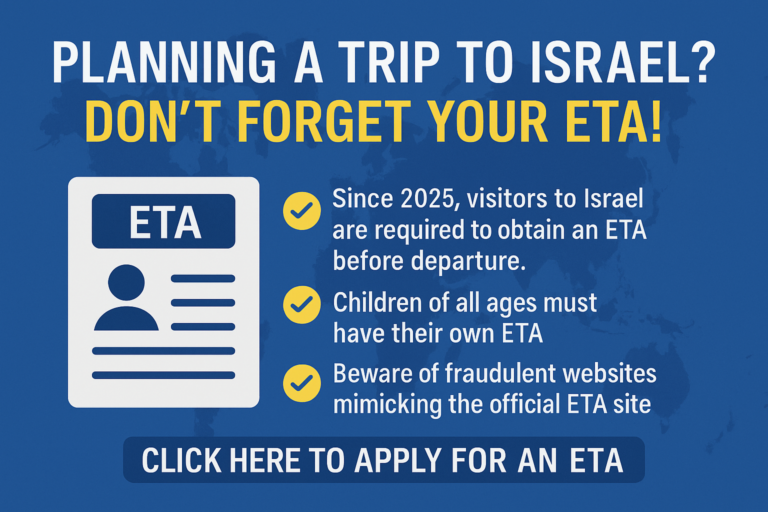President Donald Trump’s senior adviser and son-in-law acknowledged Thursday that it might not be a “smart money bet” to gamble on the success of the White House’s long-awaited blueprint for Mideast peace. But he insisted that it is a very detailed, fresh approach that hopefully will stimulate discussion and lead to breakthroughs in resolving the decades-old conflict.
Jared Kushner remained tight-lipped about the guts of the plan. He described it as an “in-depth operational document” not anchored to previous, failed negotiations, high-level political concepts or stale arguments.
“We’re building a very good business plan with a strong economic component for how Palestinians can move forward economically,” he said at the Washington Institute for Near East Policy.
It was the latest in a series of recent public appearances Kushner has made to lay the groundwork for rolling out the plan, which has been two years in the making. In recent weeks, Kushner also has made appearances at the Milken Institute Global Conference in Beverly Hills, California, a secretive Republican gathering in Sea Island, Georgia, and at the Times 100 Summit in New York City.
Kushner is trying to persuade academics, lawmakers, former Mideast negotiators, regional players, special interest groups and potential spoilers to have an open mind and seriously consider the plan when it’s released, which won’t be before the Muslim month of Ramadan ends the first week of June, and perhaps not even then.
He said the plan attempts to ensure security for Israel and provide economic opportunity to improve the lives of Palestinians. The U.S. hopes that Arab countries will help bankroll economic incentives, such as infrastructure and industrial projects, to get Palestinians to buy into the plan.
The effort by Kushner and Jason Greenblatt, envoy of international negotiations, has been conducted without participation from the Palestinians. The Palestinian Authority, which has complained that White House favors Israel, severed ties with the Trump administration following several actions targeting them.
Trump closed the Palestinian diplomatic mission in Washington, saying the Palestinians refused to engage in peace talks with Israel. The U.S. stopped funding the United Nations agency that helps Palestinian refugees, slashing hundreds of millions of dollars in aid for projects in the West Bank and Gaza and cutting funding to hospitals in Jerusalem that serve Palestinians. Trump also recognized Jerusalem as the capital of Israel and moved the U.S. Embassy there from Tel Aviv.
Nothing is known about how the plan addresses the Palestinians’ demand that Israel fully withdraw from all “territories it occupies”.
The Palestinians seek the right of refugees to return to the lands and the recognition of east Jerusalem as the capital of an independent Palestine. Mideast peace experts have questioned whether the Palestinians will exchange some or all of their demands for the prospect of economic prosperity.
In an interview last month with The Associated Press, Palestinian Prime Minister Mohammed Shtayyeh likened that to “financial blackmail, which we reject.”
“We spoke to a lot of Palestinian people,” Kushner said. “We spoke to Palestinian business leaders. We said ‘What is it that you’re looking for?’
“We tried to figure out how to design something that we think can be very acceptable to them and the question will be whether the leadership has the courage to try to jump in. … It’s been very disheartening for us that the Palestinian leadership has been attacking a plan” when they “don’t even know what it is.”
(AP)












2 Responses
As abba eban said “the Palestinians never miss an opportunity to miss an opportunity “.
Richard Nixon still tight-lipped on plan to end War in Vietnam.